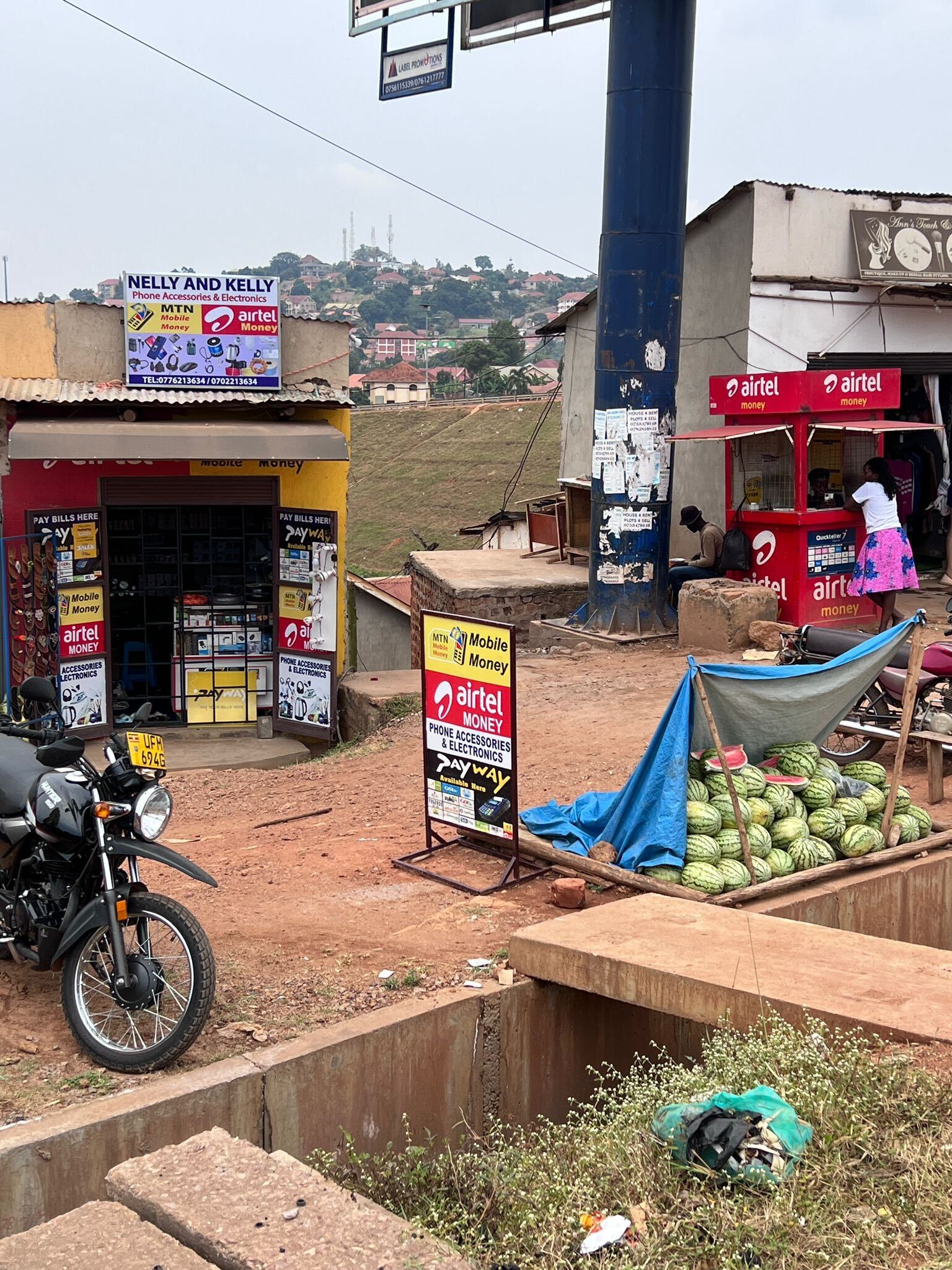Can Rating Mobile Financial Services Providers Reduce Overcharging Practices in Bangladesh and Uganda?

Funded by IPA’s Consumer Protection Research Initiative and in collaboration with POKET, Youth Policy Forum, and Network for Active Citizens, researchers in Bangladesh and Uganda evaluated the cost-effectiveness of real-time crowd-sourced data to identify and address overcharging by mobile financial services providers.
Mobile financial services (MFS) have spread rapidly in low- and middle-income countries, with account ownership increasing by 8 percentage points on average between 2017 and 2021.1 In Bangladesh and Uganda, about 29 percent and 53 percent of individuals above the age of 15 had a mobile money account as of 2021.2 This marks a substantial increase from 2014 when less than 3 percent and 35 percent of the same population had accounts. While many previous unbanked people now had access to financial services, it also created opportunities for dishonest agents to overcharge vulnerable populations.
According to recent studies completed by IPA, overcharging consumers for digital financial transactions is common. For instance, IPA’s Transaction Cost Index study found that in Bangladesh, five percent of transactions are subject to overcharging and that cash-out services are the most commonly overcharged transaction type. Moreover, in Uganda, 19 percent of transactions are subject to overcharging, with similar rates in urban and rural areas.
Researchers partnered with POKET in Bangladesh and Uganda to evaluate the cost-effectiveness of real-time crowd-sourced data to identify and address overcharging by mobile financial services providers. Volunteers from Youth Policy Forum in Bangladesh and from Network for Active Citizens in Uganda were trained in how to conduct mystery shopping—visiting vendors to assess customer service—using a crowdsourcing app developed by POKET, then registered mobile money agents in specific neighborhoods. They collected transaction data from agents, conducted interviews with acquaintances, and recruited additional volunteers. Next, researchers trained newly recruited volunteers and then randomly assigned them to either receive cash incentives for every referral they recruited and data entered on financial transactions from mobile money agents or receive no cash incentives.
To assess the credibility of the crowdsourced data collected by volunteers, researchers employed professional mystery shoppers to use the POKET app and visit and collect financial transaction data from the registered mobile money agents.
Results will be available in 2024.
Sources
1,2. World Bank Group. “Report: Global Findex Report 2021.” World Bank, November 18, 2022. https://www.worldbank.org/en/publication/globalfindex/Report.
Implementing Partners















